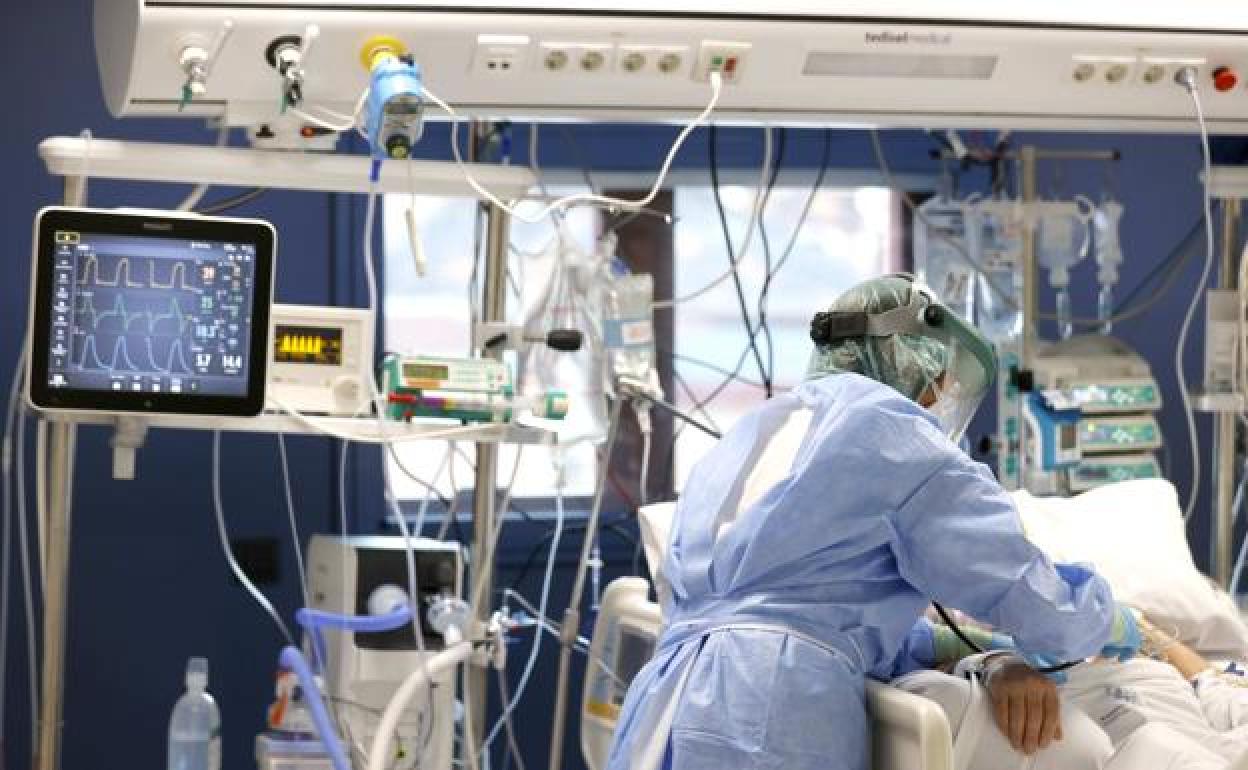Most Covid-19 patients remain immunised for almost two years a Spanish study shows
According to the research, an infection, in the absence of vaccines, generates "robust and long-lasting" antibodies
ALFONSO TORICES
Friday, 14 October 2022, 21:59
A study carried out by Spanish scientists in the first year and a half of the pandemic, published in the journal BMC Medicine, has found that the antibodies naturally generated by SARS-CoV-2 infection are "potent" and "long-lasting".
The joint work of the Institute of Global Health (ISGlobal) of Barcelona, the Catalan Institute of Health, the Jordi Gol University Institute of Primary Care Research and the Daniel Bravo Andreu Foundation found infection guaranteed in most of the patients investigated an immunity that lasts for almost two years. The subjects who developed the lowest level of defences were smokers and older patients.
The results are especially important for the design of health strategies and policies in many poor and underdeveloped countries as 35 per cent of the world population has not received any vaccine against the coronavirus.
The study consisted of the systematic control of the quantity and effectiveness of the five main antibodies generated against the coronavirus in a group of Catalan healthcare workers. These 247 patients, of varying ages, had not received the vaccine during the control period.
The first, predictable conclusion is that the number and defensive potency of antibodies decreases clearly and gradually with the passage of months after infection. However, more than 90 per cent of the participants had the presence of the five main antigens during the 20-month study. Moreover, "seropositivity was maintained at 95 per cent" in the 23 participants who had not yet been vaccinated at the study end in November 2021, the researchers said.
The defensive efficacy against SARS-CoV-2 of those infected was very high and led to "robust and long-lasting immunity", even against successive variants, such as those arriving from Great Britain and South Africa (the alpha and delta variants). Proof of this immunological reliability is that in only 8 of the 247 investigated (3.2 per cent of the group), natural antibodies were unable to stop a reinfection.
The researchers said "maintaining detectable levels of antibodies confers protection against reinfection even in the absence of vaccination". However, they clarify, "It should be remembered that this study was conducted before the advent of Omicron, and that infected persons also benefit from vaccination, since hybrid immunity - natural response plus vaccine response - is the one that best protects against infection and disease."
